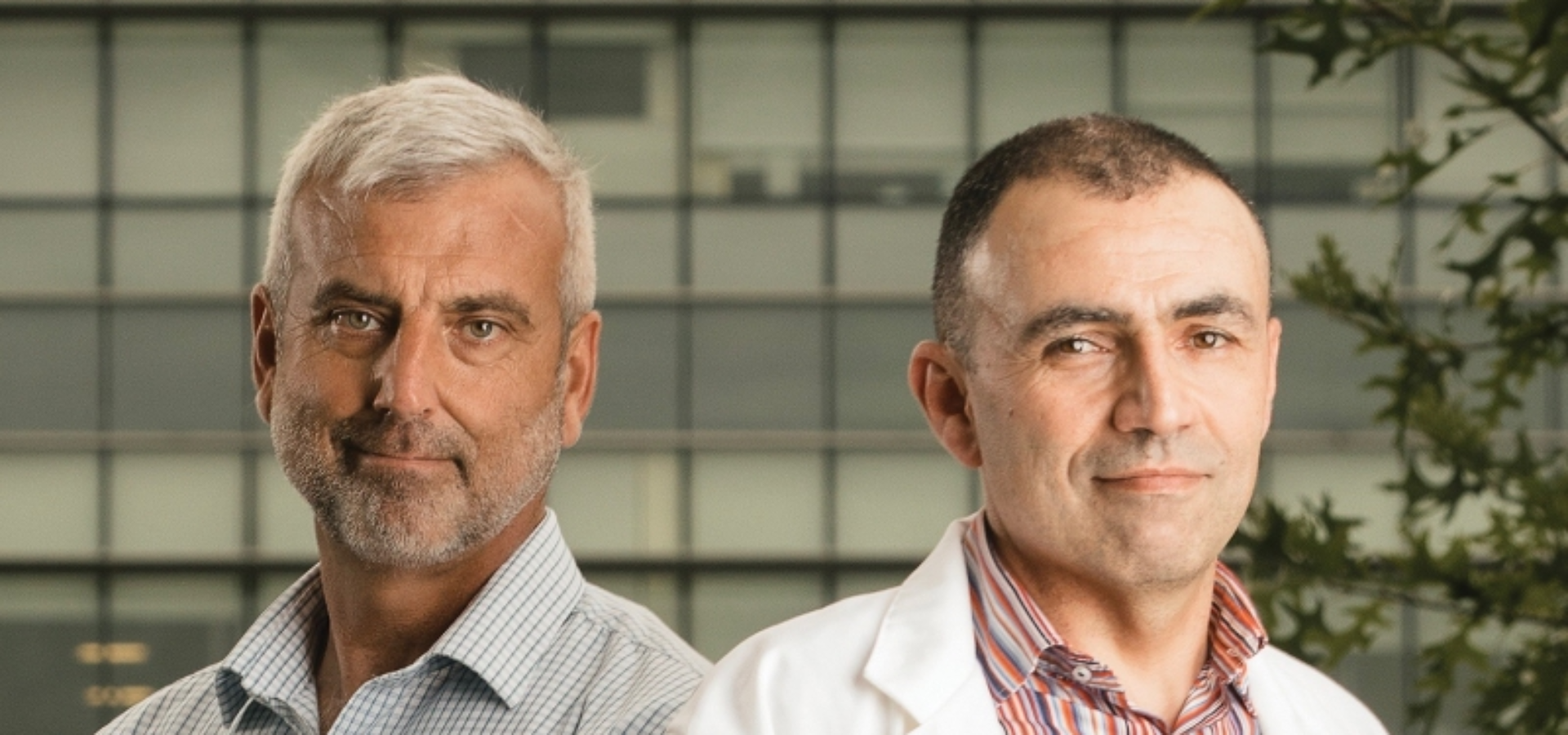CAR T-Cell Therapy
Chimeric antigen receptor (CAR) T-cell therapy is one example of an immunotherapy that is offering new hope to some lymphoma patients. CAR T-cell therapy involves removing white blood cells called T cells from a patient’s body, genetically modifying the cells in a lab, and then infusing them back into the patient. Unlike a pharmaceutical with a defined chemical formulation, each batch is made from living cells of an individual patient.
This therapy is approved for people who have failed at least two lines of treatment for several kinds of non-Hodgkin’s lymphoma: diffuse large B-cell lymphoma (DLBCL), primary mediastinal large B-cell lymphoma (PMBCL), high-grade B-cell lymphoma, and DLBCL arising from follicular lymphoma. Duke Cancer Institute was one of the earliest treatment centers certified to administer CAR T-Cell therapy when it was approved by the FDA in October of 2017.








